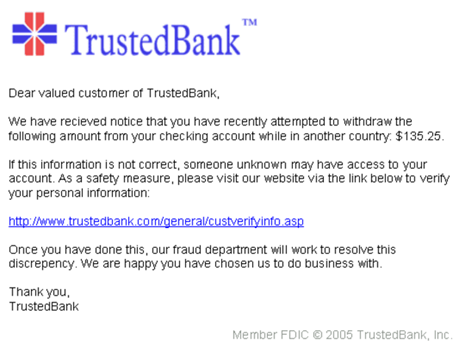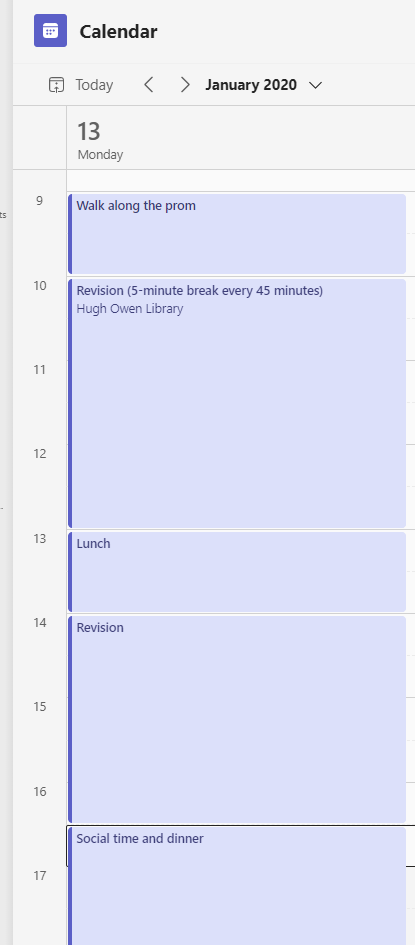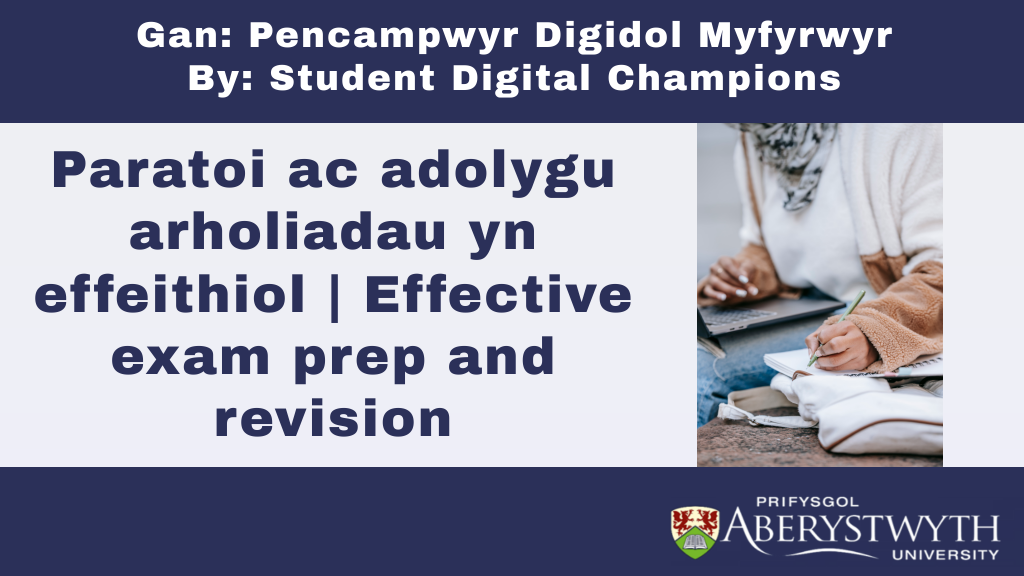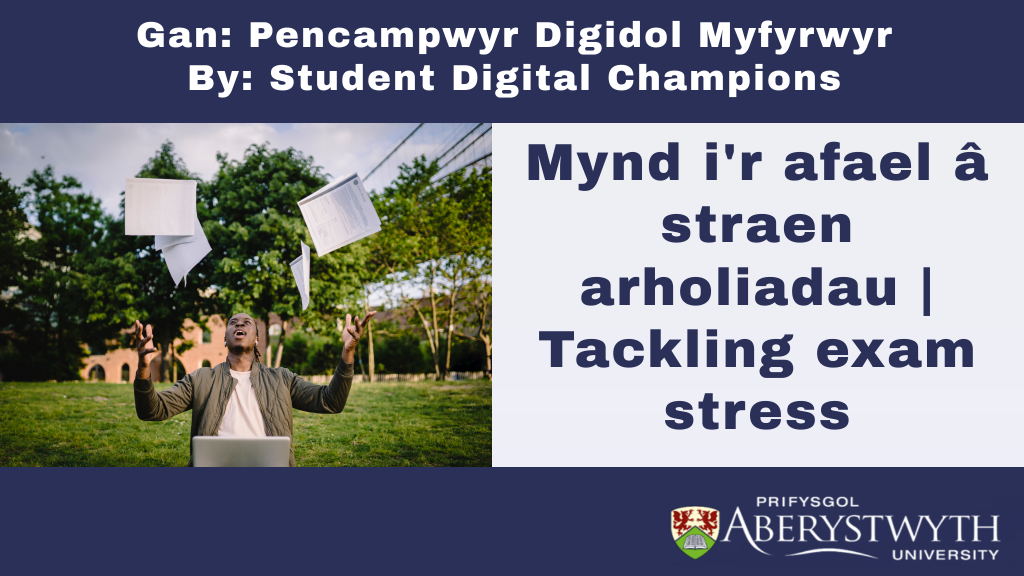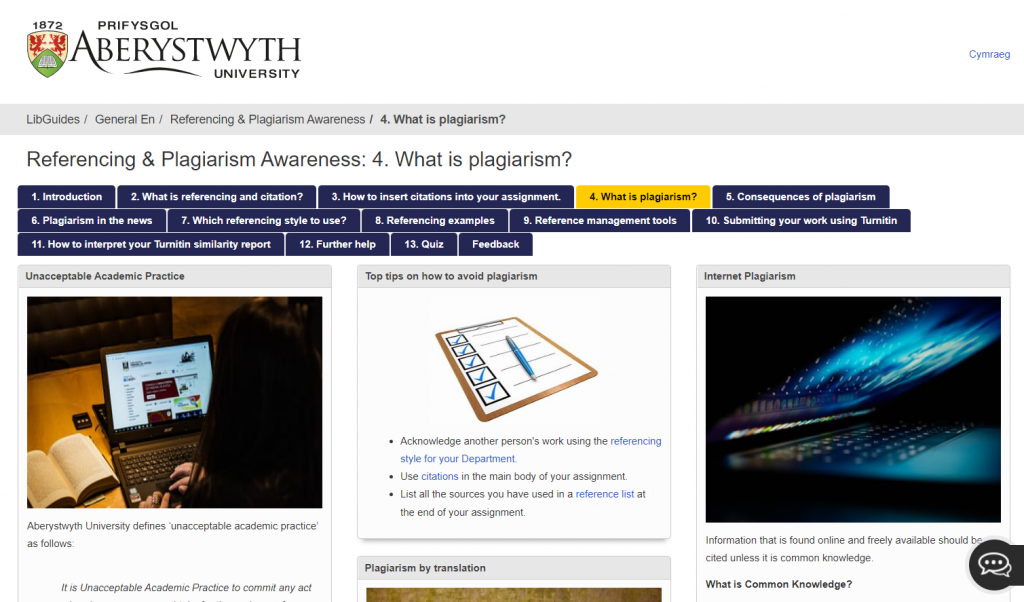Blogpost by Laurie Stevenson (Student Digital Champion)

I published Part 1 of this blogpost earlier this week, where I introduced you to 5 tips and tricks to help you make the most of Excel, and this blogpost contains 5 further tips! If you want to learn more about Excel, please visit my new Excel LinkedIn Learning collection.
Tip 6: Adding in multiple rows or columns at once
If you want to add more than one row or column in one go, this tip will save you the time of having to do this one row at a time.
- Highlight the number of rows or columns you want
- Right-click on the highlighted rows or columns
- Choose Insert from the drop-down menu that appears
Tip 7: Adding bullet points
Finding the button to add these is not as easy as on Microsoft Word but luckily there are a couple of different ways to do this.


